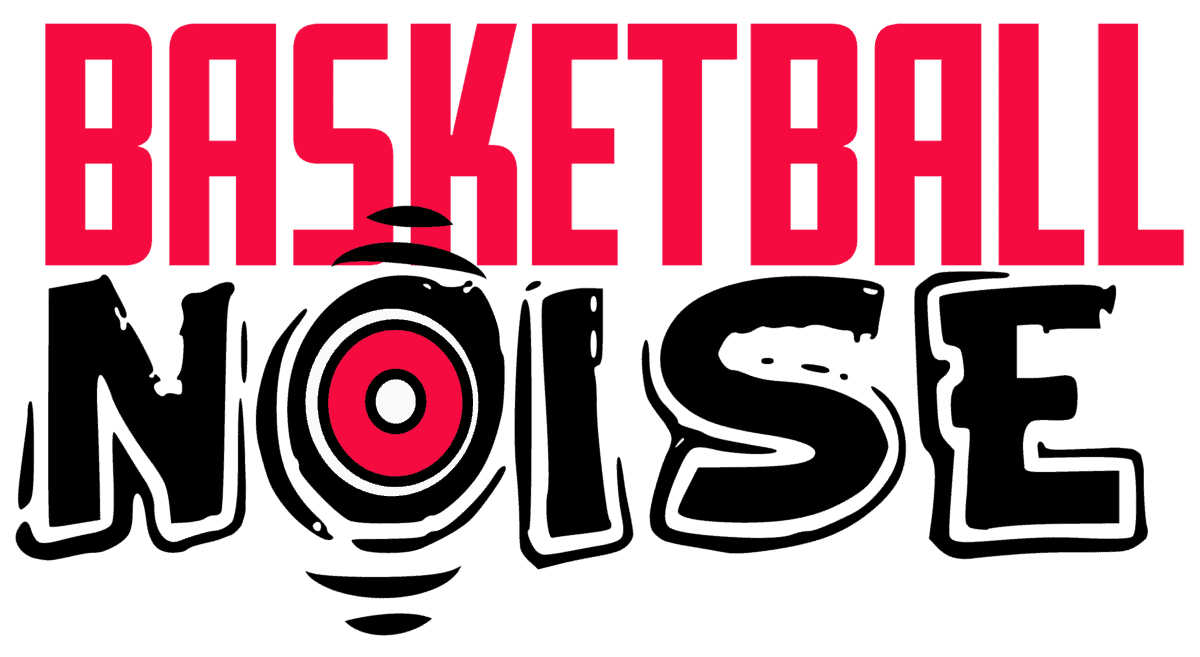Scouting is generally perceived as one of the most difficult and important jobs in the NBA. No wonder, because you need to find and rate prospects, which later will help the team to achieve success in the long run.
How much do NBA scouts make? While there is no unanimous statistics, the average salary of an NBA scout ranges from $17,930 to $70,050. The median salary is $31,000. However, everything depends on the experience, education and skill of a particular scout.
Salary is Different For Every Scout
In every profession, experience is extremely important. Yet there could be individuals, who receive more than $70,000 annually, but the number of such scouts is extremely low. You need to be patient, have excellent knowledge and an incredible understanding of every level of the game. Some scouts start from the very bottom and end up being one of the highest-paid in the NBA.
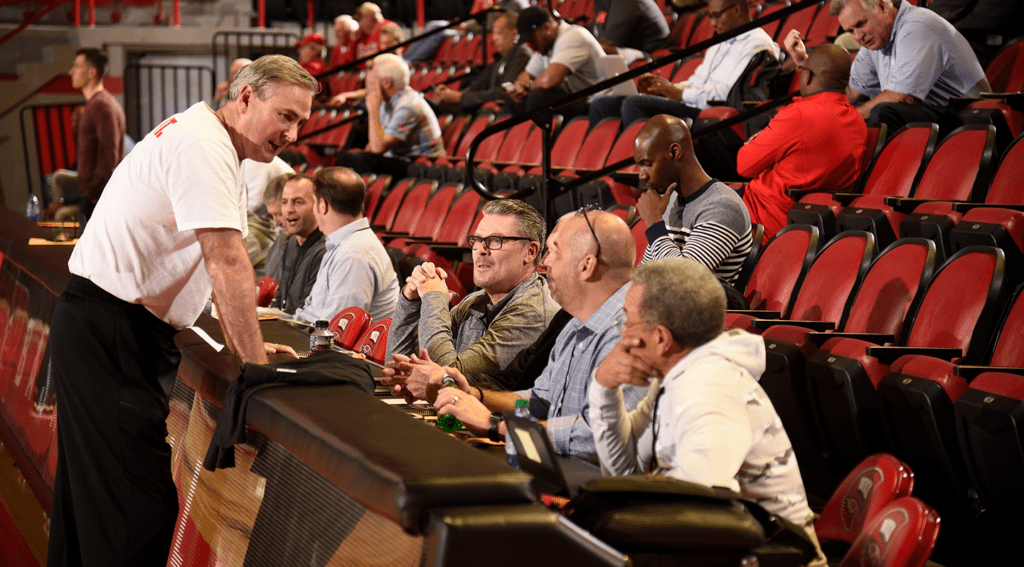
Scout Types
When we talk about scouts and their salaries it is necessary to point out that there are several types of scouts in basketball, which for the most part determine the payment. Let’s have a look at them.
University Scouts
99% of people associate the term “scout” with these comrades. For the most part, each of them is responsible for an entire region of the country, but this varies from team to team. This job consists of a huge amount of flights and work with the player’s background.
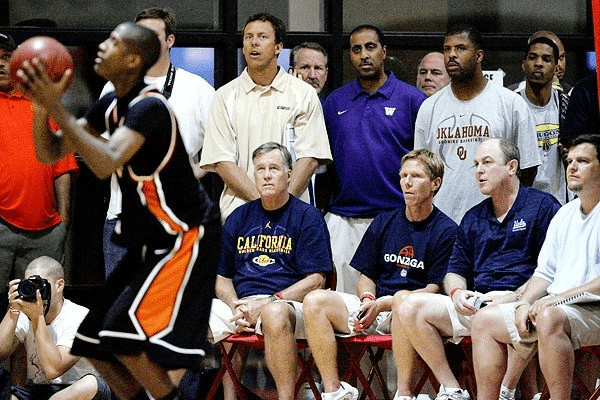
International Scouts
The work of these scouts covers the entire globe. Since basketball is a global game, most teams employ scouts on all continents, well, maybe with the exception of Antarctica. The range of tasks for these scouts is quite complex, because a large amount of personal and medical data has to be collected, and it is not always easily accessible. Plus, traveling abroad is an adventure in itself. The key to the success of these scouts is building relationships with people.
Personnel Scouts
These guys are focused on working with the NBA and the G-League. They tend to be heavily involved in preparing for exchanges and the free agency market, focusing on players who are directly in or near the league. These scouts are already in the arena a few hours before the game, watching the players warm-up, sometimes not seeing a minute of the actual game. They also linger in the arena after the game, waiting for the media to finish their work in order to collect the necessary information. Building relationships with other scouts, coaches and front office workers is important here.
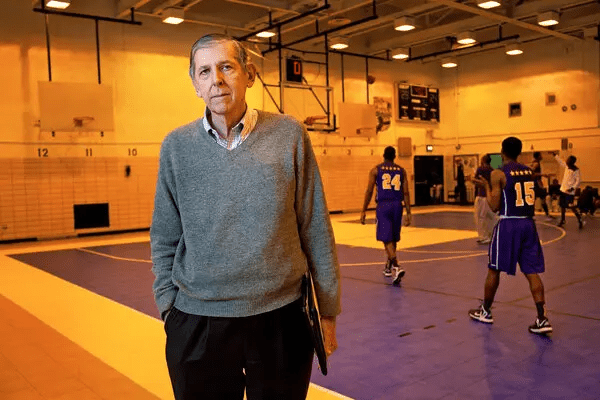
Analytics Department
As analysts have become more important in the team-building process, most teams have acquired their own analytics department. These people are usually responsible for preparing analyzes and reports to the general manager on the given topics. A high level of technical skills, knowledge of both mathematics and programming is required. These companions rarely travel and for the most part, do not participate in the traditional scouting system mentioned above.
Game scouts
Game Scouts are at the very bottom of the NBA Coaching Totem Pole. The task of the game scout is to keep track of the upcoming rivals of his team before a personal meeting, it is advisable to see at least 3-4 games of the opponent, and the last viewing is a week or two before the match. Then, based on the scout’s observations and data, a scout report is prepared and sent to the assistant coach responsible for pre-game planning.
Each assistant coach is expected to come up with a basic strategy/plan for the upcoming game, based at least in part on the work of the game scout. Then the assistant gives the plan to the head coach a day or two before the game. The head coach leaves his own mark on him and then manages the game based on the results of the overall work.
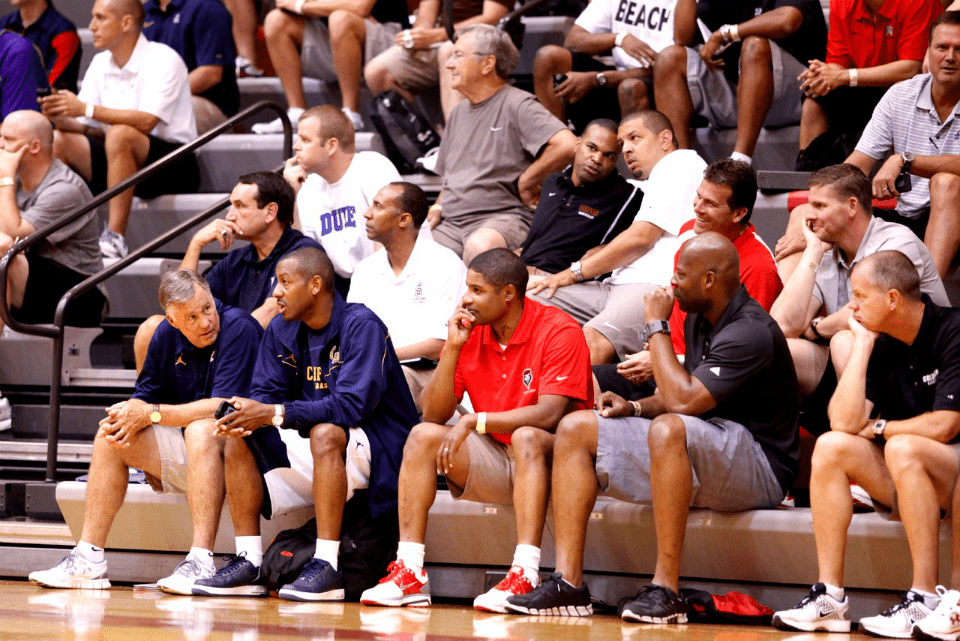
Scouts are usually given decent (but not great) seats to play based on natural exchange, i.e. The Pacers will give the Nuggets a free ticket for their scout if the Nuggets reciprocate. The scout will try to outline the whole game, then hop on a plane to another city, or go to a hotel and write a report. Scouts travel a lot, don’t sleep much, and watch too much basketball (both live and video).
Scouting is Difficult – Even Considering the Salary
Scouts usually watch at least one game a day, and this, as you know, means daily flights, and you practically do not sleep in your own bed. It’s common to watch an early game on weekends and then try to catch a late game in a nearby town. You can watch the Lakers and Raptors play in Toronto on a Saturday afternoon and then fly to New York for a Nets game and Oklahoma late at night.
What Role Does Sports Professionalism Play in Scouting?
Great athletes are calm under pressure. They never let their emotions take them out of the game. In some situations, they may get angry, but this is very short-lived, and they will immediately refocus on the further game event. Professionalism is the ability to control oneself under pressure and never lose composure. This is dignity and tranquility in times of crisis. A combination of mistakes kills team success. Great athletes discard everything that prevents them from working for the result. Unsportsmanlike play leads to mistakes, bad decisions, loss of momentum and eventual defeat. Therefore, the ability to remain calm is crucial, and the player, his parents, and the coach should strive for it.
